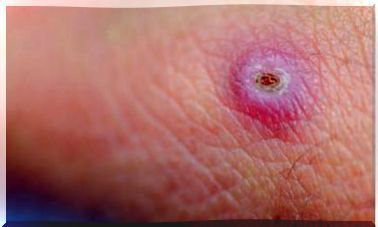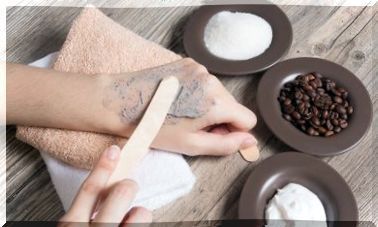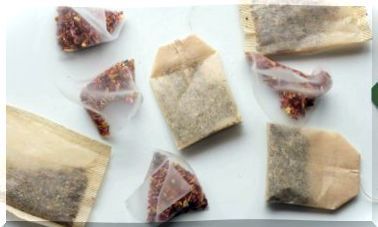5 Areas Of The Home Where More Bacteria Accumulate
Identifying the areas of the home with the most bacteria will allow you to focus cleaning efforts to ensure that bacteria do not get out of control. Although, as we said, microorganisms are present on all surfaces of the house.
In fact, the Society for General Microbiology explains that there are about 10 times more bacterial cells than human cells in the human body. He also points out that there are some less dangerous that only damage food, others that are useful for fermenting products and others that can cause serious diseases in animals and plants.
The point is that, since we do not know or see them directly, it is best to keep all the spaces in the home clean, with special emphasis on those that by their nature can concentrate a greater amount of them.
Why is it important to control the growth of bacteria?
Although studies indicate to achieve better control of the growth of bacteria it is necessary to know them in depth, at home we are not all scientists. But you don’t have to be to understand that these microorganisms are responsible for some bad odors, especially in the kitchen and bathroom.
This in the best of cases, because we could also run into bacteria that end up becoming sources of diseases, such as Salmonella , Escherichia coli and Campylobacter , responsible for various types of food infections.
The 5 areas of the home with the most bacteria
Calm! Do not be scared when reading the risks that can come from the bacteria that accumulate in your house. As we have already mentioned, it will be enough to double the sanitization processes in the following areas of the home with more bacteria.
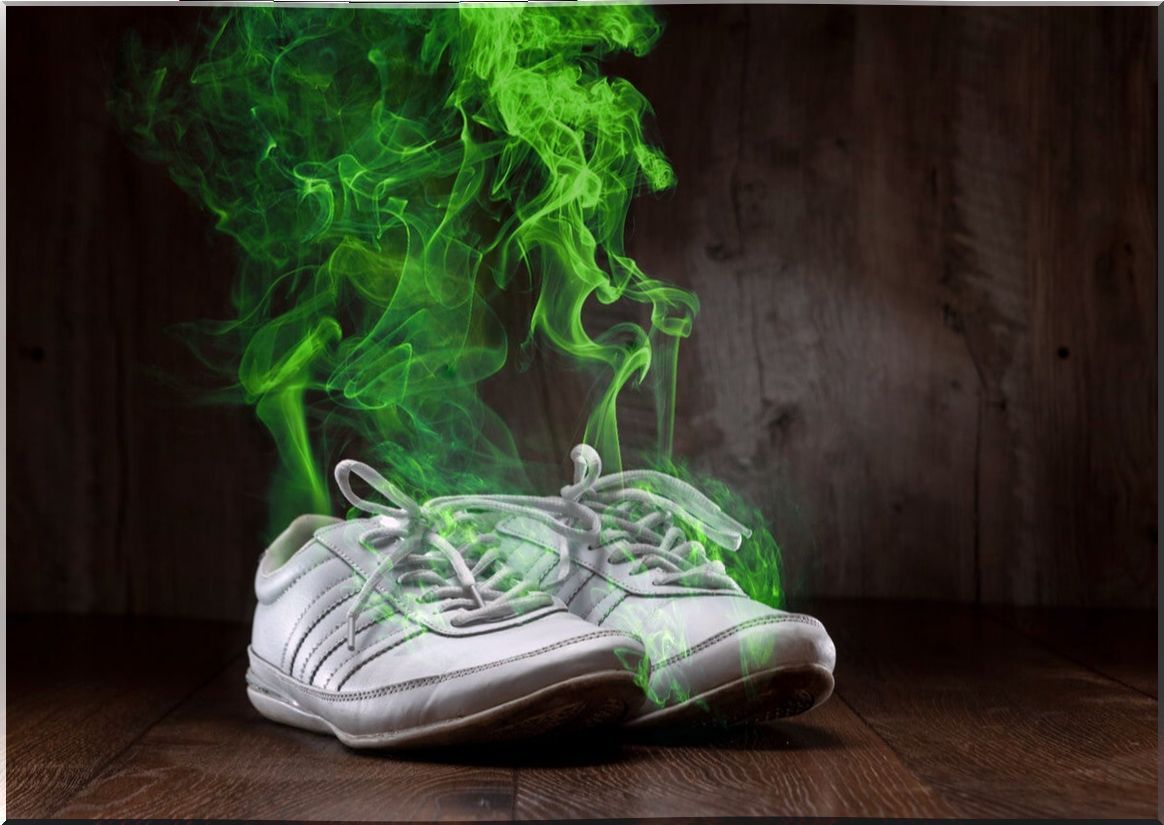
1. The kitchen
According to research, the kitchen is one of the most susceptible places to the proliferation of microorganisms that adhere to different surfaces and utensils. Its origin is the food that we bring almost daily from the store, the natural proliferation process that can be accounted for by the remains of the food and the humidity in the corners.
Now, among the kitchen elements in which bacteria are most found are the following:
- Chopping boards.
- Coffee makers.
- Fridge.
- Sink.
- Sponges and brushes.
2. The bathroom
After the kitchen we find the bathroom, which is paradoxical if we think that it is there where we are going to clean ourselves and get rid of dirt. However, it is for this reason that germs and bacteria grow in this space.
So this is the place where we have to put a lot of effort to clean. In addition, it is necessary to do it at least once a week. There are some elements that tend to be a greater focus than others, such is the case of toothbrushes.
A study indicates that to keep this utensil of daily use away from the proliferation of bacteria that can make us sick, it is necessary to avoid leaving it in very humid spaces, near the toilet and with a case. Among the other elements to which we must pay attention we find the following:
- Faucet.
- Toilet.
- Discharge key.
- Bar soaps.
- Floor, joints and corners.
3. The laundry
Many people have a habit of depositing dirty clothes in the washing machine until they have completed a full load. This means that bacteria from outside can proliferate there, as well as those that come from sweat. We ourselves have created a focus of bacteria that needs to be paid attention to.
It is recommended that, to avoid further complications, whenever possible we use hot water to do the washing, with which we can get rid of these annoying microorganisms. Something similar happens when we let the clothes soak.
4. The study
The study is one of the areas of the home with the most bacteria on account of the utensils we use there. In this space we usually have the computer, keyboards and other electronic devices that we touch repeatedly.
In fact, an investigation determined that the surface of the mobile is a vehicle that carries pathogens due to the time we have it in our hands and the places to which we take it. Something similar happens with keyboards, so be sure to wash your hands well and sanitize them often.
5. The rooms
Among the last areas of the home with more bacteria we find the rooms. There is our mattress, an object that allows us to rest every night in which mites, bacteria and viruses begin to accumulate that can spread throughout the room and home.
So clean the mattress and bed once a week, preferably with the vacuum cleaner. It includes the dressing room, where mites and bacteria that generate bad odors can also stay.
Utensils with more bacteria
In addition to the areas of the home with more bacteria, you should also pay attention to other utensils that may be throughout the house. Among these we find the following:
- Light switches.
- Knobs and handles.
- Pet toys.
- Floor mats.
- Makeup accessories.
- Gym clothing and items.
Good habits for a clean home
To keep the areas of the home with more bacteria clean, it is necessary to have good hygiene practices, which include the use of elements such as water, soap, bleach, vinegar and other disinfectants. Plus, clean at least once a week.
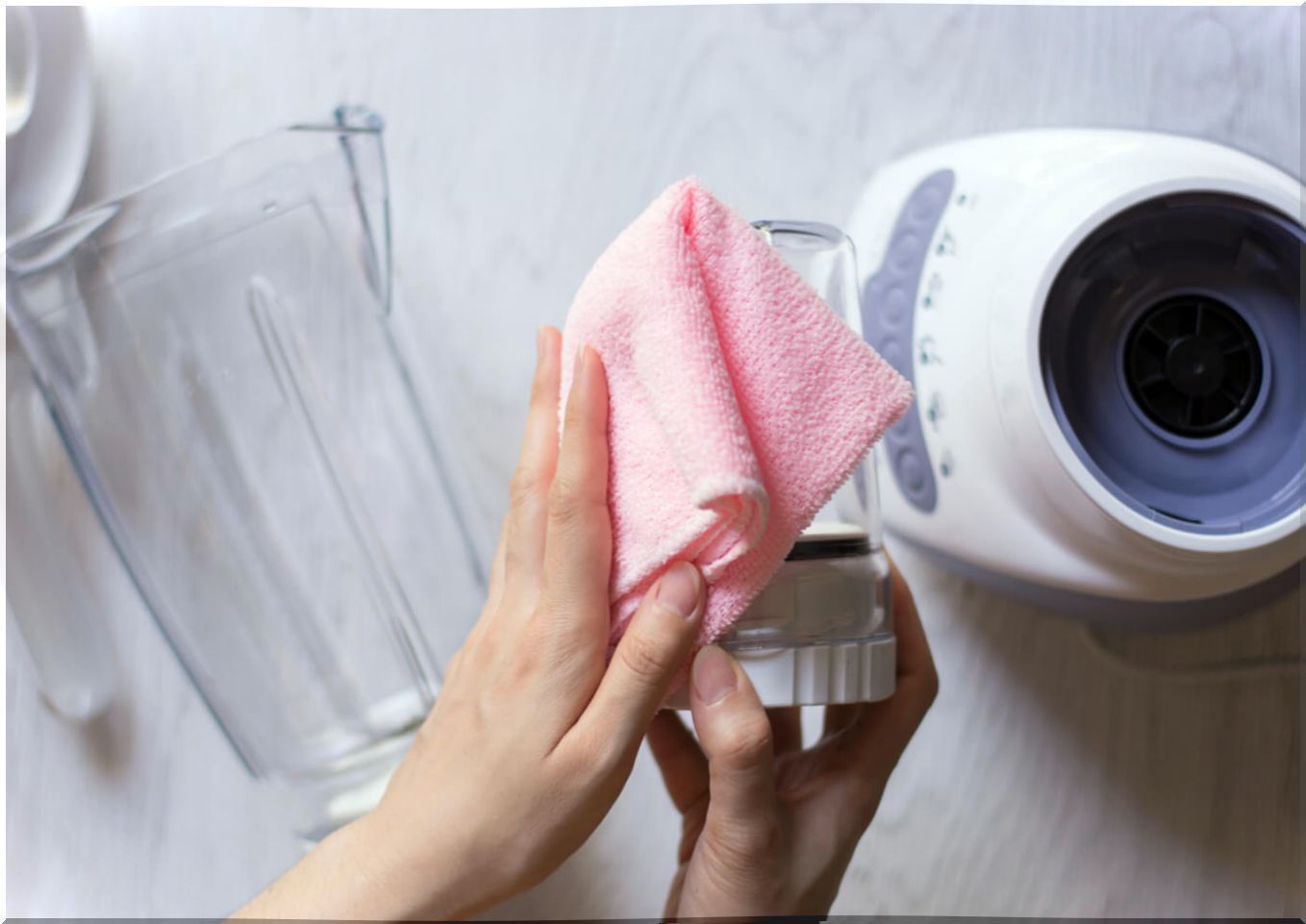
Disinfects
In addition to cleaning, you must disinfect the home. In the specific case of bacteria and viruses, bad cleaning habits can spread them, so it is very convenient to take a few more minutes to disinfect. You can use a solution of water and bleach or alcohol greater than 70%.
Avoid the spotlights
The more you reduce the virus proliferation fence, the safer you will be. Clean utensils that come from the street, disinfect your shoes and clothes before entering the home.
Wash your hands regularly and sanitize your most used utensils often before leaving them on surfaces like the dining room, nightstands, or bed.
Goodbye to the areas of the home with more bacteria
As you may have realized, bacteria can hide where you least expect it, but it is also easy to get rid of them and keep them at bay with constant cleaning. In the event that you feel unsure about the sanitation of your home , you can consult a specialized company.


